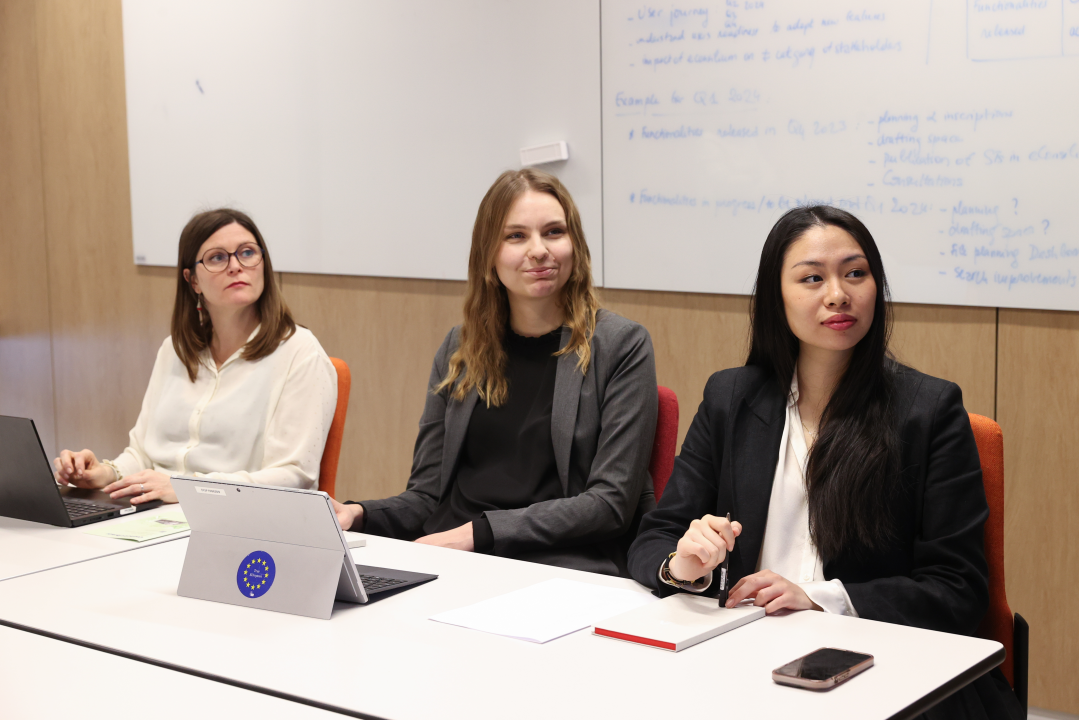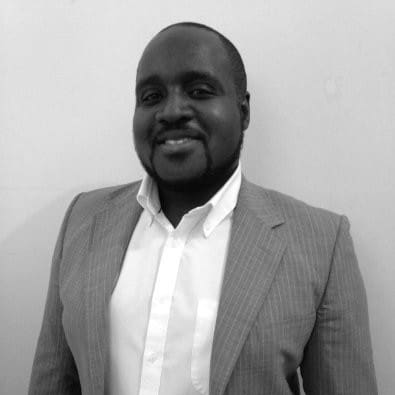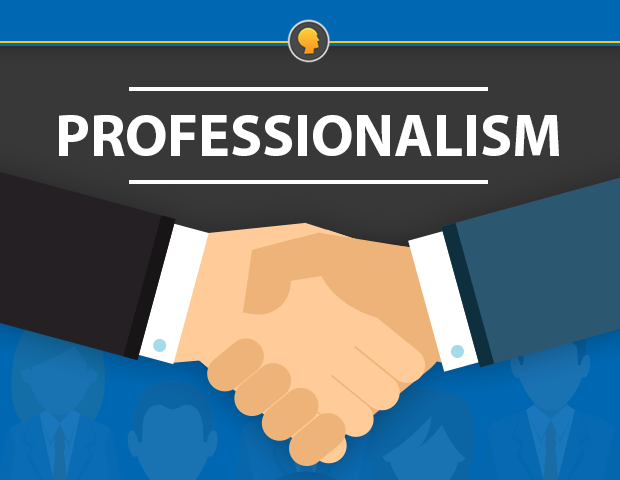
Navigating the U.S. job interview process as a European can be both an exciting and challenging experience. With differences in cultural expectations, communication styles, and interview practices, it is essential to approach the process with thorough preparation and adaptability. To start off on the right foot, understanding how to craft a U.S.-style resume and cover letter can significantly enhance your chances. This guide offers valuable insights to help you succeed in securing a role in the United States.
Understanding the Purpose of U.S. Job Interviews

U.S. job interviews are designed to go beyond your resume. Employers aim to assess your technical skills, personality, and alignment with their organizational values. While European interviews often focus heavily on academic credentials and professional qualifications, American employers emphasize practical accomplishments and the ability to contribute effectively to a team.
This means you must be ready to discuss your skills, experiences, and how they match the company’s needs. Employers are not only evaluating whether you can do the job but also whether you fit into the company culture and can bring energy and enthusiasm to the role.
Cultural Nuances in U.S. Job Interviews
One of the key differences Europeans may notice is the emphasis on self-promotion in U.S. interviews. Confidence and assertiveness are highly valued traits. While modesty might be appreciated in some European settings, U.S. employers expect candidates to actively highlight their achievements and demonstrate their value.
Additionally, small talk often precedes formal interview discussions. This practice, intended to build rapport, may feel unfamiliar but is an important opportunity to showcase your communication skills and adaptability.
Preparing Thoroughly for the Interview
Preparation is the cornerstone of success. For U.S. interviews, this involves not only understanding the job role but also immersing yourself in the company’s mission, values, and recent activities. Begin by researching the company’s website, recent news, and competitors. Having this knowledge allows you to tailor your responses and show genuine interest in the role.
Another crucial step is reviewing your resume and application. Anticipate questions about specific elements of your background, such as gaps in employment or unusual career choices, and prepare clear, concise explanations.
For competency-based questions, use the STAR method (Situation, Task, Action, Result) to structure your answers. This method ensures you present detailed, organized, and compelling examples that demonstrate your ability to handle challenges effectively.

During your preparation, take advantage of informational interviews or connect with current or former employees through platforms like LinkedIn. These conversations can provide insider insights about the company culture, team dynamics, and expectations. This nuanced understanding can set you apart by helping you align your responses with the company’s specific needs and values during the interview
Handling Remote and Online Interviews
With many U.S. companies now using virtual platforms for interviews, particularly for international candidates, mastering the technical aspects of remote interviews is vital. Ensure your microphone, camera, and internet connection are functioning properly, and choose a professional setting for the call. Download the necessary platform ahead of time and familiarize yourself with its features to avoid technical difficulties on the day of the interview.
Be mindful of time zone differences. Double-check the interview timing and confirm it with the employer to ensure there’s no confusion.
Demonstrating Professionalism and Confidence

On the day of the interview, punctuality is essential. Arrive early if it’s an in-person interview or log in a few minutes before the scheduled time for a virtual meeting. Dress appropriately, erring on the side of formality if unsure about the dress code. A polished appearance makes a strong first impression.
Your body language and demeanor also play a significant role. Maintain eye contact, sit upright, and avoid fidgeting. Even if you’re nervous, aim to convey confidence and enthusiasm for the role. A warm smile and firm handshake (if in person) help establish a positive connection with the interviewer.
Showcasing Your Strengths and Addressing Weaknesses
During the interview, your goal is to present yourself as a valuable asset to the company. Articulate your key strengths with specific examples that highlight your achievements. Whether it’s a successful project or a team accomplishment, these stories provide tangible evidence of your skills.
When discussing weaknesses, frame them in a way that demonstrates growth. For instance, share how you identified an area for improvement and took steps to address it, turning it into a strength over time.
Engaging with the Interviewer
An engaging interview is often a two-way conversation. Don’t hesitate to ask thoughtful questions about the company or role. Inquiring about team dynamics, career growth opportunities, or the company’s goals for the position shows your interest and proactivity.
Additionally, take the initiative to steer the conversation toward your accomplishments if the interviewer’s questions are too general. For example, you might say, “I understand this role involves [specific responsibility]. I’d like to share a project where I successfully handled similar challenges.”
The Importance of Energy and Enthusiasm
One of the most critical factors in U.S. job interviews is showing genuine enthusiasm for the role. Employers are drawn to candidates who are passionate, motivated, and eager to contribute to the company. Even if nerves are present, let your excitement for the opportunity shine through in your tone and responses.
Enthusiasm doesn’t only come from words—it’s conveyed through your energy, posture, and facial expressions. Demonstrating this eagerness can set you apart from equally qualified candidates who may lack that spark.
Following Up After the Interview

After the interview, it’s important to leave a lasting positive impression. A brief thank-you email expressing your gratitude for the opportunity and reiterating your interest in the role can go a long way. Highlight a specific moment from the interview that stood out, further personalizing your message.
This follow-up shows professionalism and reinforces your enthusiasm for the position. It also provides an additional opportunity to clarify any points or share information you may have forgotten during the interview.
Learning from Each Interview Experience
Whether you secure the job or not, each interview is a valuable learning opportunity. Reflect on what went well and identify areas where you can improve. If possible, seek feedback from the interviewer to gain insights into their perspective.
Every interview enhances your confidence and prepares you better for future opportunities. The experience you gain in navigating U.S. job interviews as a European will make you a more adaptable and globally competitive candidate.
Conclusion
Securing a U.S. job as a European requires careful preparation, cultural awareness, and a proactive approach. By researching the company, practicing clear and structured responses, and demonstrating enthusiasm and energy, you can bridge the gap between European and American interview styles.
Approach each interview with confidence and curiosity, and remember that even setbacks are stepping stones to growth. With determination and adaptability, you can achieve success in the competitive U.S. job market, setting the stage for a fulfilling international career.



